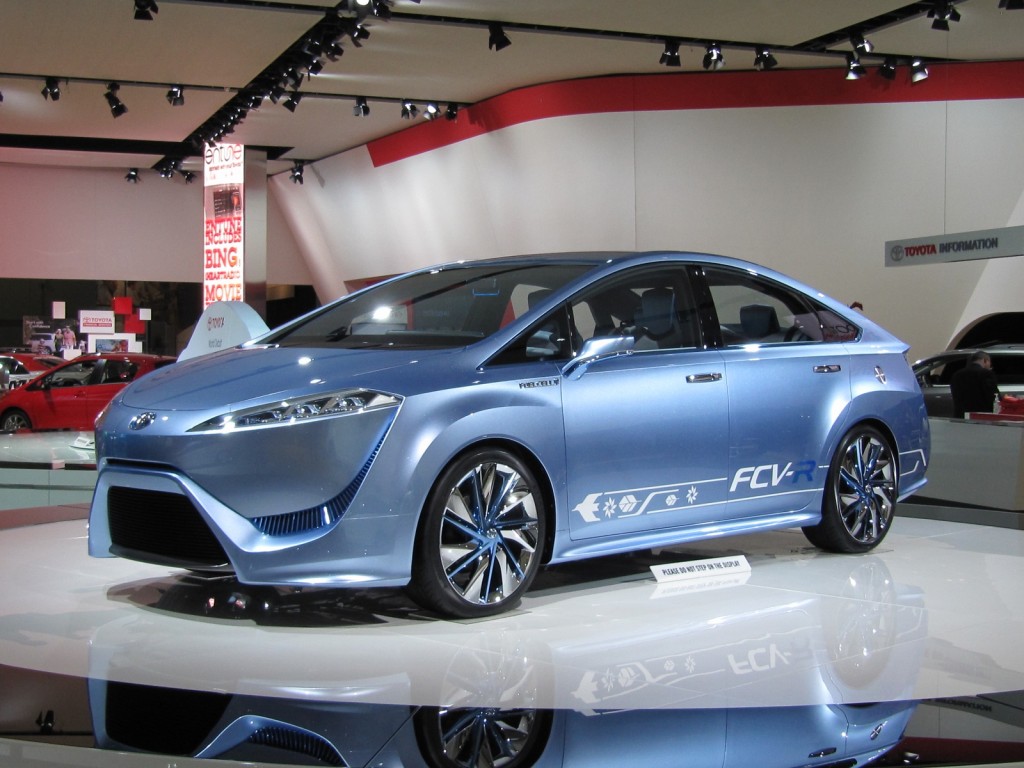It's hard to keep things secret in the auto industry.
So when Bloomberg reported yesterday that German luxury maker BMW had broken off talks with General Motors on joint development of fuel cells, writer Dorothee Tschampa explained why.
It appears BMW jilted GM because it found a more attractive partner for its advanced powertrain activities: Toyota.
Negotiations between BMW and GM to cooperate on hydrogen fuel-cell vehicle development were announced last December, expanding on cooperation in lithium-ion battery development, but no formal agreement was reached.
BMW has scheduled a press conference in Munich tomorrow at 12:30 pm CET (6:30 am Eastern). Its CEO, Norbert Reithofer, and Toyota President Akio Toyoda will discuss their "latest collaborative efforts."
The pair of executives are expected to announce that the two companies will cooperate not only in hydrogen fuel cells but also on hybrid techology.
Toyota is the unquestioned leader in global hybrid sales, having put the world's first hybrid-electric vehicle, the Prius, on sale in Japan in 1997. It has made more than half of the 4 million-plus hybrids in the world today.
It has agreements to cooperate with Ford on hybrids for pickups and large sport-utilities, and has said it will license hybrid technology to Mazda as well.
BMW jointly developed hybrids with GM and DaimlerChrysler (that collaboration has now ended) and, separately, with Mercedes-Benz.
It is now launching its second generation of hybrid-electric cars, with the hybrid 5-Series and the hybrid 3-Series sedans that were unveiled last year and now a revised ActiveHybrid 7.

Toyota FCV-R hydrogen fuel-cell concept car, 2012 Detroit Auto Show
Toyota has announced plans to launch a hydrogen fuel-cell vehicle by 2015 in certain markets, despite uncertain prospects for hydrogen fueling infrastructure and the expected high cost of the first automotive fuel cells.
It most recently showed the FCV-R Concept vehicle at the Detroit Auto Show in January.
GM, on the other hand, has been notably quiet of late about its plans for hydrogen fuel-cell vehicles, after testing roughly 100 converted Chevrolet Equinox Fuel Cell vehicles across the U.S.
We'll bring you more details tomorrow, if there's additional information beyond the official cooperation announcement that's scheduled to be released at the press event.
+++++++++++













